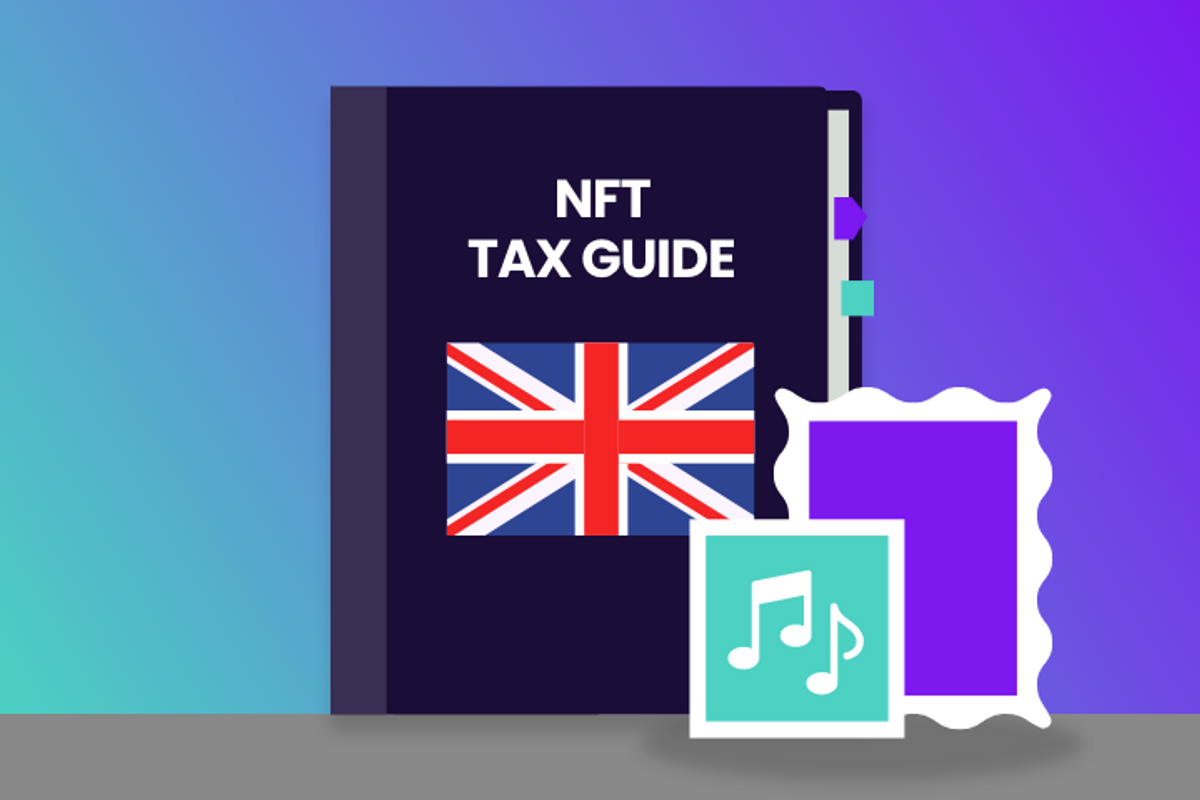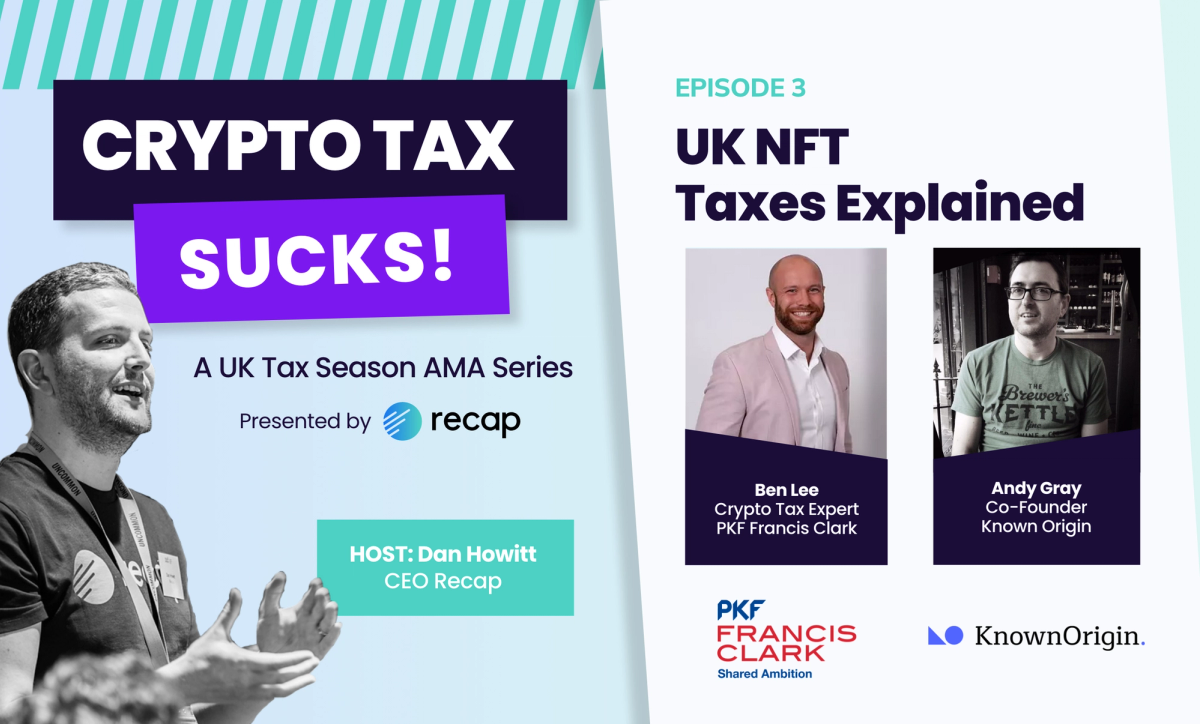
Overview
The UK High Court has ruled that two NFTs stolen in a recent hack are legally ‘property’ and as such can be frozen with a court injunction.
Much like the historic case AA v Persons Unknown [2019] where the UK High Court ruled that Bitcoin and other cryptoassets can be considered property under UK law, NFTs are now given much the same treatment.
So what’s happened?
Back in January Lavina D Osbourne, diversity leader and founder of Women in Blockchain Talks had two Boss Beauties NFTs removed from her wallet without her knowledge or consent.
Lavina worked with Mitmark to trace the stolen NFTs - tracking them down to two separate wallets. The High Court served Ozone Networks (hosts of OpenSea) with an injunction to freeze the assets and a Bankers Trust disclosure forcing them to send information about the owners of the wallets to authorities.
Why this is important?
It’s great to see the UK courts acknowledging the long held belief by crypto enthusiasts that NFTs, like other crypto assets, are property. The High Court is leading the way in regulating the crypto space and helping to ensure that crypto and NFTs move away from the ‘wild-west’ persona they once held.
Osbourne’s Barrister, Racheal Muldoon, of London based chambers, The 36 Group, said:
This case sets an important precedent in recognising that NFTs are property under the law of England and Wales, capable of being the subject of interim injunctions. It is a further example of the High Court leading the way internationally by assisting cryptoasset holders to secure the return of their digital assets.
What does this mean for NTF tax?
If you’re reading the Recap blog you’re probably wondering - what does this mean for my NFT taxes? The short answer is ‘not much’. We asked Louise Lane, our resident crypto tax expert for her view:
Whilst I am encouraged to hear that the Courts are recognising NFTs as property, this has no consequences for NFT taxes as HMRC already treated them as assets. NFTs are treated much the same way as other assets in the UK. NFTs held by an individual as an investment are subject to the capital gains tax regime upon disposal of the NFT. As always, I welcome regulation in the NFT space, as it is something we need to assist with adoption.
Lavinia concluded:
As this case, and the increasing number of hacks and scams in the NFT space shows, digital wallets and smart contracts aren’t infallible. Now that NFTs are legally recognised as property, NFT holders will finally be able to regain some control when things go wrong.
Women in Blockchain Talks was founded to open up the opportunities blockchain offers to anyone, regardless of age, gender, nationality or background. This case will hopefully be instrumental in making the blockchain space a safer one, encouraging more people to interact with exciting and meaningful assets like NFTs.
Further reading
If you’re interesting in finding out more:
- Check out the Boss Beauties collection on OpenSea
- Find out more about NFT taxes in our complete guide to NFT taxes.



